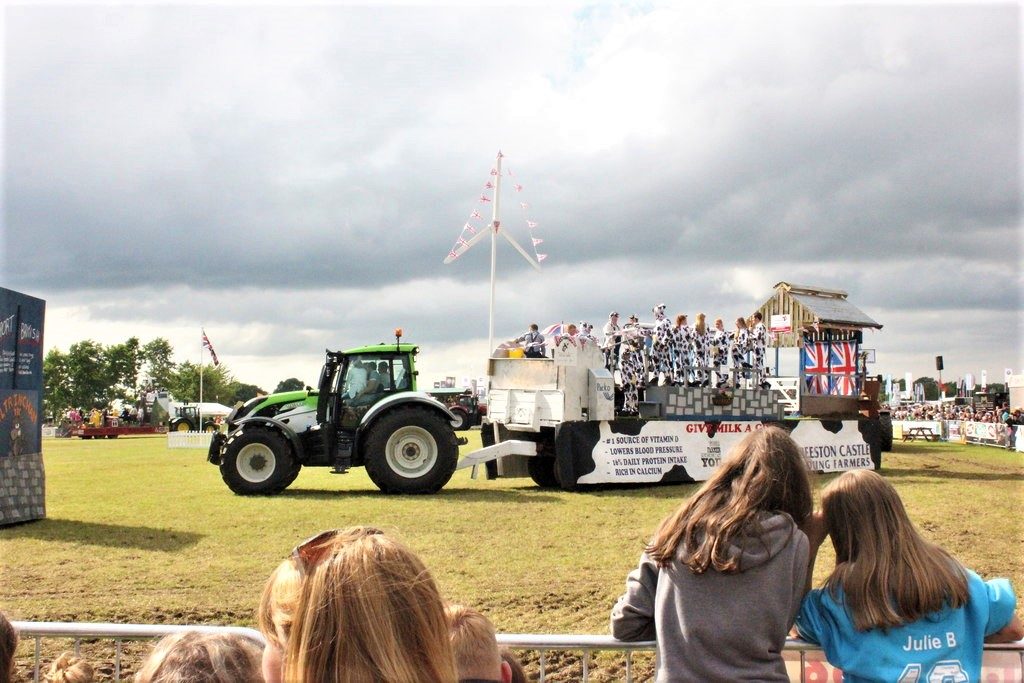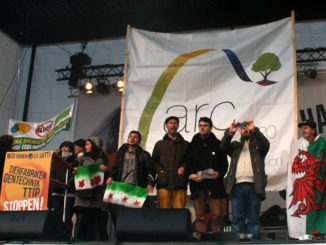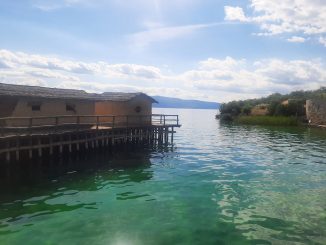
By Hans Wetzels in Germany
Some countries in Europe do a better job at bringing younger people into farming. So what techniques work – and don’t work – in an aging industry?
Austria has the highest percentage of young farmers in the entire EU. Twelve percent of the farming population in the Alpine country is under the age of 35 – well above the EU average of 5.1 percent, Eurostat figures reveal. “In comparison to other European countries it’s relatively easy to take-over a farm in Austria,” Andreas Kugler of the Österreichische Jungbauernschaft [Austrian Young Farmers] proudly explains. “Austria has a lot of mountains so there are fewer big agricultural holdings buying up large swaths of land, like you see happening in eastern Germany. Land prices are relatively low which makes it easier for young people to start a farm.”
Countries with the Most Young Farmers
According to EU statistics there are seven member states where the percentage of young farmers is higher than the EU average. Besides Austria, Poland (10 percent) and Slovakia (11 percent) stand out. These numbers might even be underestimates, according to political economist Alan Matthews, professor at Trinity College Dublin. He points out the legal definition of a young farmer is up to 39 years of age, based on the latest Eurostat Farm Structure Survey results “This obviously increases the percentages of young farmers over those usually quoted,”states Matthews. It also makes the Austrian figure – based on farmers under 35 – all the more impressive.
But despite being above EU average, the Polish government is increasingly worried about the lack of young farmers. “The current statistics looks good, (however) we do observe a decrease and will face problems with the new generation in agriculture very soon,” Counsellor General Zofia Krzyzanowska of the Ministry of Agriculture in Warsaw notes. “In the past we implemented an early retirement scheme for farmers to speed up the process of transferring the farms and created a better land transfer law. Of course, Polish demography is also different from Western Europe, seeing the relatively density in rural population.”
EU Supports for Young Farmers
The European Commission fears that the low percentage of young farmers could jeopardize future competitiveness of European agriculture and food security. To tackle the problem, the EU has put in place several programmes to encourage young people to take up farming. These include is funding available through the European Common Agricultural Policy (CAP) to help farmers under 40 set up a business, member states offering young farmers a bonus up to 25 percent on top of their CAP subsidies and rural development programmes providing advice services and training schemes.
EU assistance for young farmers have been in place since the mid-1980s. Research commissioned by the European Commission in 2015 suggests that after access to land, farmers need financial support, access to credit and sufficient qualified labour. But focus on financial support doesn’t address the real problem, according to Professor Matthews. Writing back in 2013, he said: “One might assume that a substantial increase in expenditure would be justified by well-founded evidence of substantial gains in either generational renewal or farm productivity. There is no good evidence that providing additional income support for a limited period of time in Pillar 1 is an effective use of funds either to promote generational renewal or to improve farm productivity. Indeed, the motivation is to improve the legitimacy of direct payments by linking them to an objective with which most people would agree. The only way to minimise the waste of public resources is to make the scheme optional and to hope that few member states will make use of it.”
Exit Strategies Needed
Matthews also notes a number of factors causing the aging of Europe’s farm population that cannot be addressed by financial support only. Start-up costs in agriculture are quite high and land prices are rising, but there is a lack of affordable housing in rural areas for farmers who want to retire, and the decoupling of CAP payments from farm production created an incentive for older farmers to cling to their farms.”‘Reflecting on the ways the cards are stacked against new entrants, it becomes clear that the problem is not mainly a shortage of willing entrants but rather the lack of sufficient exits,” Matthews wrote. “If farming were really a declining industry, one would see land prices falling in real terms. But real land prices are rising, demonstrating that young farmers and new entrants are competing against current farmers wanting to expand for access to the limited amount of land which becomes available. The problem is not to provide incentives for more young people to enter farming, but to tackle the obstacles which mean that older farmers are reluctant to exit.”
For Matthews, additional subsidies for young farmers are the wrong solution addressing the wrong problem. Between 2007 and 2013, the average support per young farmer in the EU was only E28,000 – well below the maximum level of support allowed. Andreas Kugler acknowledges the problem and also pleads for policies beyond financial assistance to rejuvenate Europe’s farming community. “In Austria there are more young farmers than available budget. But in the Czech Republic young farmers don’t even apply for subsidies. What Austria did in 2014 was to make it easier to buy a farm from somebody who is not family related. Such smart policy measures have activated young farmers.”





